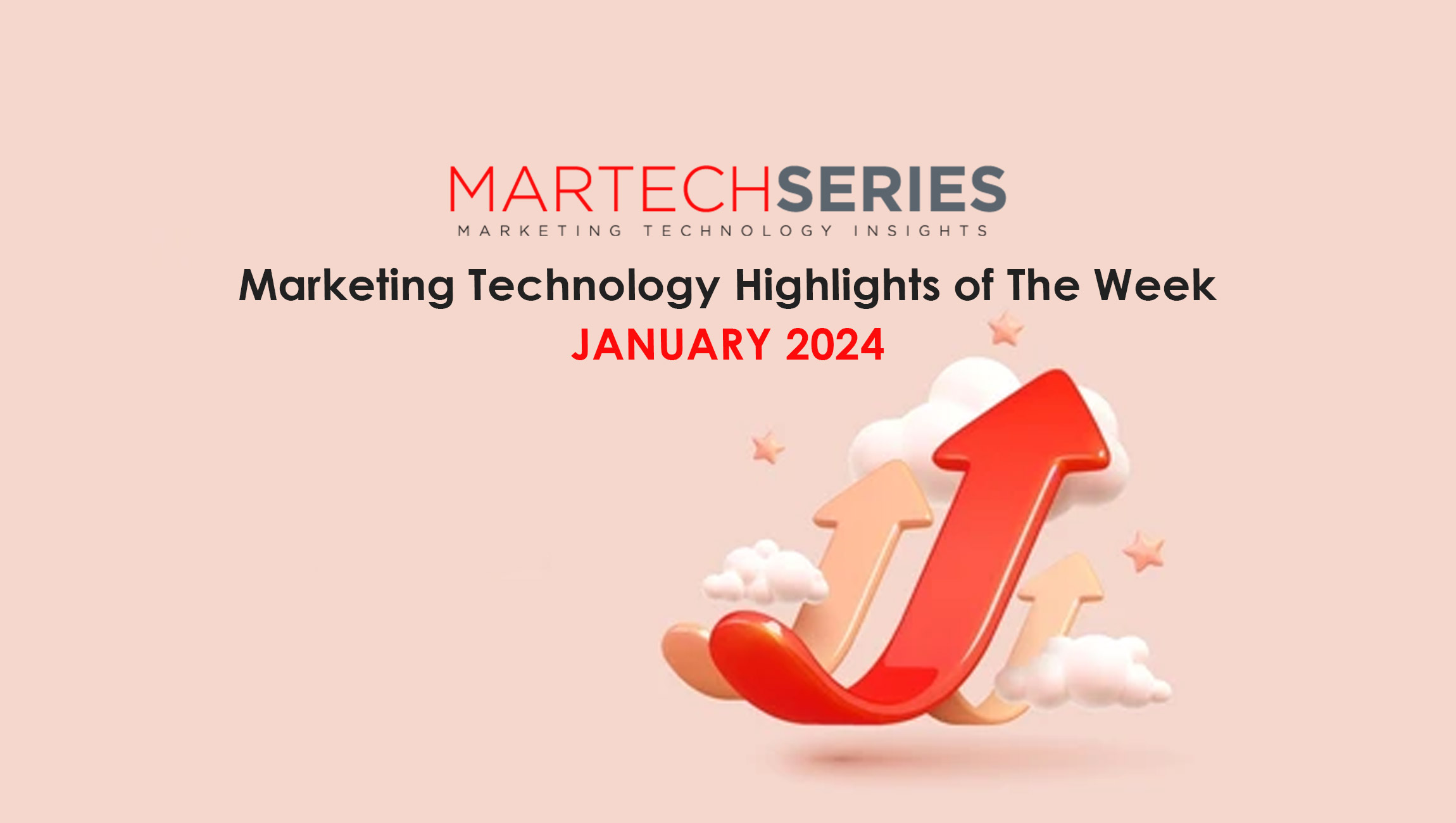Getting the event marketing sector to adapt and function under pandemic conditions has required a lot of time and effort. As a result, businesses now must re-evaluate their previous event marketing budget and planning schedule assumptions. Additionally, new factors have come into play, such as determining the equipment required to function in a digital event space. Some advancements include:
- There are more virtual events than ever before. For example, there were 208% more webinars in May 2020 than there typically were in 2019.
- The event platform receives most of the marketing expenditure for online conferences, with speakers and moderators coming in second.
- More decision-makers participate in the preparation of virtual events than live ones on average, and 48% of marketers report that their CEO even participates, making virtual events more collaborative than ever before.
- The duration of planning has decreased. Small virtual events typically take 3 to 4 weeks to arrange, compared to 8 to 12 weeks for live events. Even in as little as two weeks, some marketers have been able to build up virtual events.
- Although getting people to sign up for online events can be difficult, marketers are quickly figuring out the best ways to address this problem. Email is the best approach to connect with leads and encourage them to register, according to 76% of marketers.
- Marketers are learning that different resources are needed for virtual events compared to live ones. To support their digital events and assist them in carrying out crucial tasks like data collection and ROI measurement, 59% of marketers say they need improved tools and solutions.
Marketing Technology News: MarTech Interview with Billy Jones, VP of Marketing, Hootsuite
Top Event Marketing Platforms To Look Out For
Listed here are the top event marketing platforms that you must keep an eye out for in the coming years:
1. Accelevents
Accelevents is a comprehensive virtual event platform with many options for running interesting online events. It receives high praise for its user-friendly features and round-the-clock customer assistance, enabling a flawless virtual experience.
2. Smartsheet
Smartsheet, one of the top tools for event marketing, enables companies to spur innovation and improve outcomes. The option to manage content calendars, campaigns, events, initiative tracking, etc., on a single platform is provided by Smartsheet. As a result, events can be smoothly integrated with a large turnout by tracking and controlling all projects.
3. VFairs
VFairs attempts to recreate various physical events in a virtual environment by drawing inspiration from them. It delivers personalised landing pages with a straightforward user interface based on your brand. With 3D support, VFairs offers all the resources necessary to hold a wide range of events, including conferences, career fairs, trade exhibits, etc.
4. ON24
ON24 has incredible interactive and engaging features enable it to deliver a top-notch virtual event experience. It delivers on-demand video content and enables businesses to conduct customised live virtual events based on their needs. Its features are excellent for raising audience participation and attendance and your company’s revenue.
5. Eventzilla
Eventzilla, a well-known cloud-based event registration and marketing tool, offers event organisers an easy platform for building a credible online presence. It includes all the features required to create a unique event website for programmes like fundraisers, conferences, concerts, sports, family reunions, and charities. In addition, several tools are available to handle attendance information, make payments quickly, and publish the event calendar.
6. Wrike
20,000+ businesses use Wrike in 400 nations for their event marketing requirements. To build tasks and distribute them to other team members, there are preconfigured marketing templates. The fully analytic, customisable reports can be used to monitor the success of a campaign. The Wrike platform is one of the greatest event marketing tools currently available. It is straightforward, easy to use, and effective.
7. EventCreate
EventCreate, an all-in-one platform, is undoubtedly among today’s top event marketing platforms. You can quickly create appealing event websites using EventCreate. In addition, you may promote your event online, sell tickets, gather registrations, send invitations, track attendees, and create an event website.
With a “Netflix & Spotify approach” to event content, we see a much more balanced view in the B2B sector between live events and the significance of face-to-face networking. Tickets were frequently sold well using live presentations. However, they offer the chance to produce easily available on-demand content that can stimulate interactions with your customers long after the live show has ended.
Event marketing now has a meaningful way to link with other disciplines like customer advocacy, lead nurturing, thought leadership, SEO performance, and more. Data on viewing times on VOD services has increased 155% year over year (with almost 20 minutes spent per session). Producing high-quality event content will help you stand out from the competition, who might be pushing recorded webinars with poorly designed PPTs or skipping the chance to include on-demand video content in your next in-person event altogether.
Marketing Technology News: Six Challenges Businesses Must Overcome in the Era of Relationship Marketing











